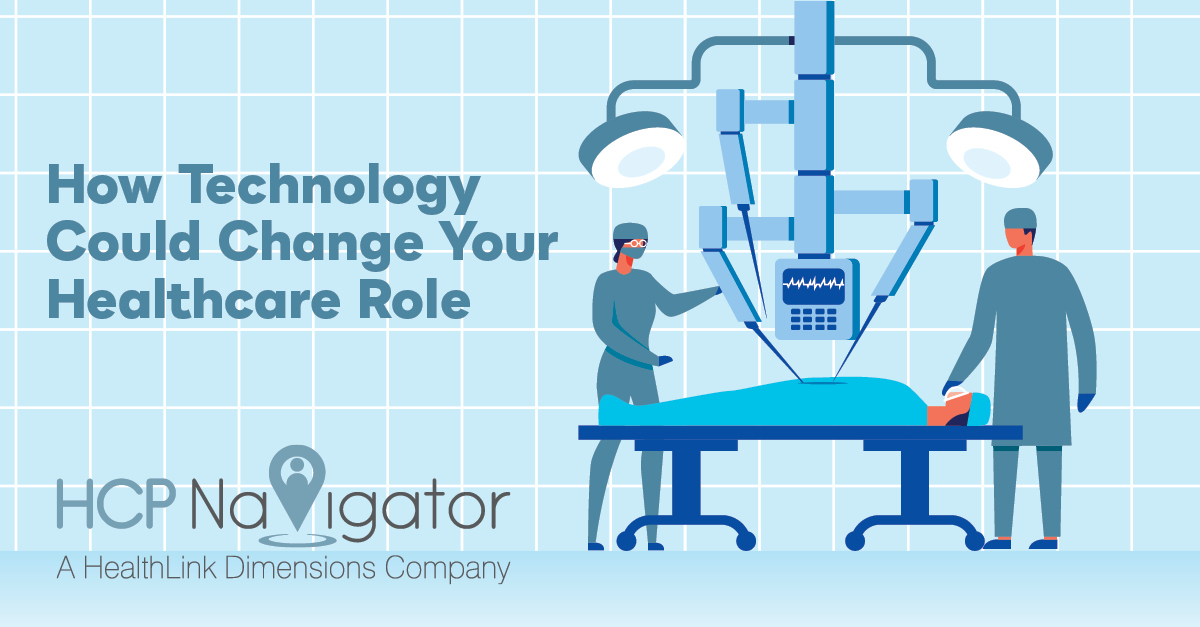
How Technology Could Change Your Healthcare Role
Technology is becoming more prominent each day within our forever-evolving economy. With self-driving cars, virtual reality headsets, and returning spaceships, it’s clear that technology will eventually become a critical factor in our healthcare system.
By 2030, it’s expected that the US alone will be between 40,800 and 104,900 physicians short. Undoubtedly, it’s a significant amount, and something needs to be developed to lower the severity of problems this can cause. That’s where technology comes into play, and here’s how it’s going to change your healthcare role.
1. Virtual Care
Virtual care is a technology that’s already making changes within the healthcare sector. Traditionally, healthcare professionals and patients would meet face-to-face. However, now that telecare has been heavily invested in, this will become a virtual platform.
It reduces airborne disease spreading, decreases time spent per patient, and lowers its costs. According to this study, a median of five minutes is spent with a medical professional per visit. However, the average will reduce rapidly with this change, making the healthcare industry more efficient.
2. Artificial Intelligence
Additionally, artificial intelligence (AI) will become more prominent in the industry. There are many different ways AI could affect healthcare, such as improving our understanding of patient data, reducing administration costs dramatically, and enhancing the speed of evolving healthcare.
It’s already becoming present in our industry and is expected to grow exponentially. According to Insider, an annualized forecasted growth rate of AI in healthcare is 48% between 2017 and 2023. Because of this, expect to see more healthcare practices using AI in the coming future.
3. Robot-assistance
Now, this is a change that might scare many people, but it’s going to happen eventually. However, it might not be what everyone is expecting. Instead of robots taking over healthcare roles, they’ll only be assisting.
The primary focus is surgery assistance, where they’ll be cameras and mechanical arms attached to surgery tools. They’ll still be a specialist controlling the arms in this circumstance, but it’ll ensure more precise, controlled movement and minimize the risks involved.
4. Nanomedicine
Nanomedicine uses nanodevices and nanotechnology to improve medical treatment on a very small scale. Nanotechnology allows medical specialists to measure nanometres which are one-billionth of a centimeter, allowing doctors to make smaller, effective drugs with more precise responses.
5. 3D Printing
Lastly, 3D printing will also make an appearance within the industry. Since the release of 3D printers, they’ve been utilized in multiple industries, allowing us to recreate objects accurately without human interference. The technology itself could aid with various healthcare practices, such as:
- When surgical reconstruction requires artificial bones
- Bespoke prosthetics that support amputees
- Organoids (aka small organs) that might need replacing
- Polypills, allowing patients with multiple diseases to consume several drugs at once with different release times
After reading the above, you should have a comprehensive understanding of how technology will change our healthcare industry. The whole idea is to optimize the care patients receive and our hospital efficiency, which they undoubtedly will.
Interested in making a career change? Many practice opportunities are not listed on internet job boards. Tell us where you want to practice, and we will help you identify practices in those locations. It is quick, easy, and absolutely free for job seekers. Visit PracticeAlert.com.

PracticeAlert supports healthcare providers who:
- Want to explore new or expanded roles and responsibilities on a local, regional, or national basis, but want to keep their research confidential
- Need a time-efficient tool that accelerates their ability to contact employers
- Prefer to bypass external recruiters and engage directly with employers

HealthcareJobFinder helps healthcare providers:
- Engage directly with potential employers without involving external recruiters
- Confidentially explore potential new roles
- Browse open opportunities on a local, regional, or national basis



